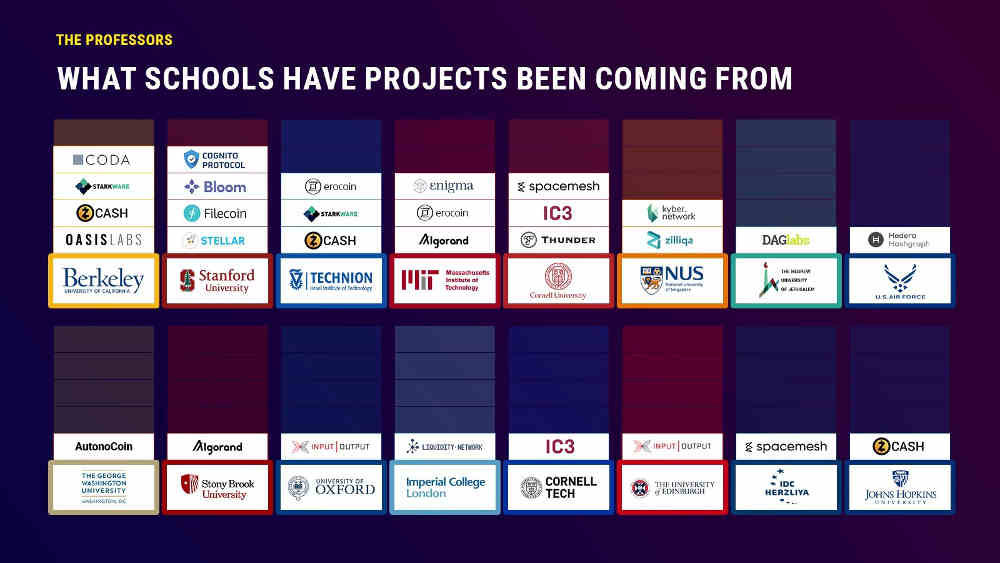Canada is legalizing marijuana, and IBM wants to help.
Canada is legalizing marijuana and leaving it up to provincial governments to regulate its sale and distribution. The government of British Columbia asked for comments on the best way to manage the province’s marijuana market. In a regulatory filing, IBM argued that the province should use a blockchain to manage its legal marijuana market.
That is probably not a sentence that you ever expected to read. But it’s not as crazy as it sounds.
IBM helped build a different kind of blockchain
The idea of a blockchain originated with Bitcoin. The Bitcoin blockchain is the public, shared ledger that keeps track of payments in the Bitcoin network. The volatility of Bitcoin’s virtual currency has hampered its mainstream adoption as a payment network. But companies quickly realized that the core concept of the blockchain could be repurposed for other applications.
IBM was one of the leaders in the creation of Hyperledger, an open source blockchain project designed for use by enterprise customers. The Bitcoin network is designed to be fully public and decentralized, so it uses an elaborate (and energy-inefficient) consensus mechanism to ensure malicious network members can’t tamper with the ledger or sabotage the network.
By contrast, IBM is interested in building private blockchains where network participants—like banks or supply chain partners—are known to one another and unlikely to launch outright attacks. So Hyperledger uses more lightweight mechanisms, like lotteries or majority voting, to achieve consensus on the network. These mechanisms consume fewer resources and allow faster and more predictable clearing of transactions.
The goal here is to build a distributed database that’s maintained by a peer-to-peer network of companies involved in some kind of shared marketplace. Every company manages and maintains its own copy of the shared ledger, so there are no worries about the database becoming a single point of failure—or about after-the-fact tampering.
Source/More: IBM’s plan to regulate pot with blockchains isn’t as crazy as it sounds | Ars Technica

















